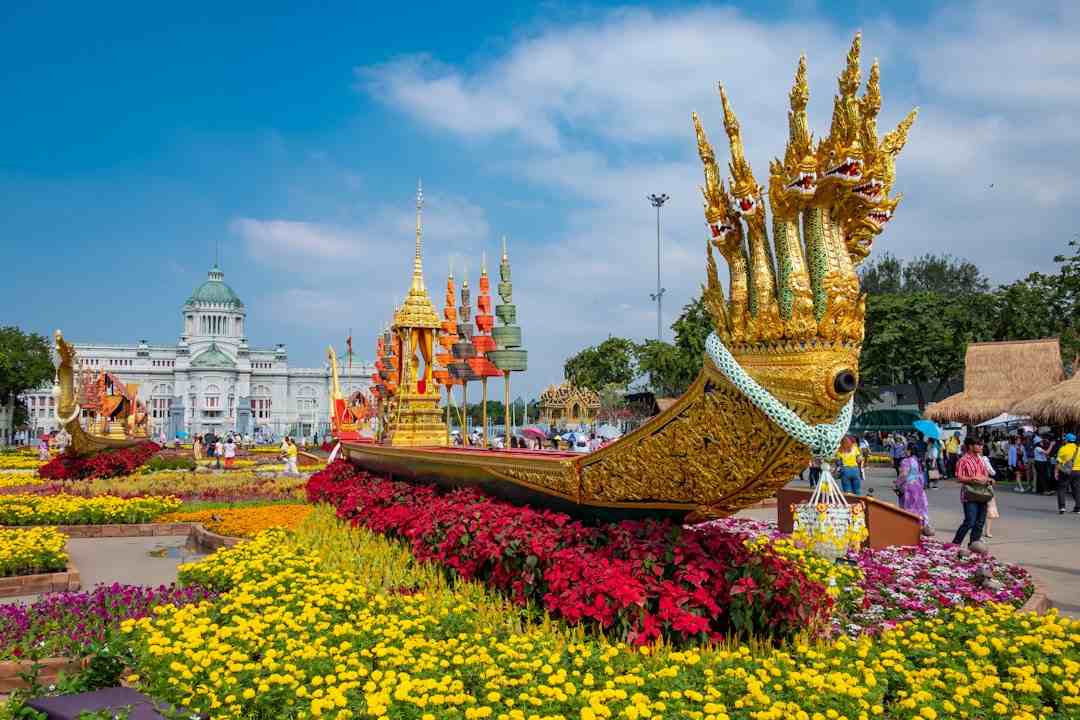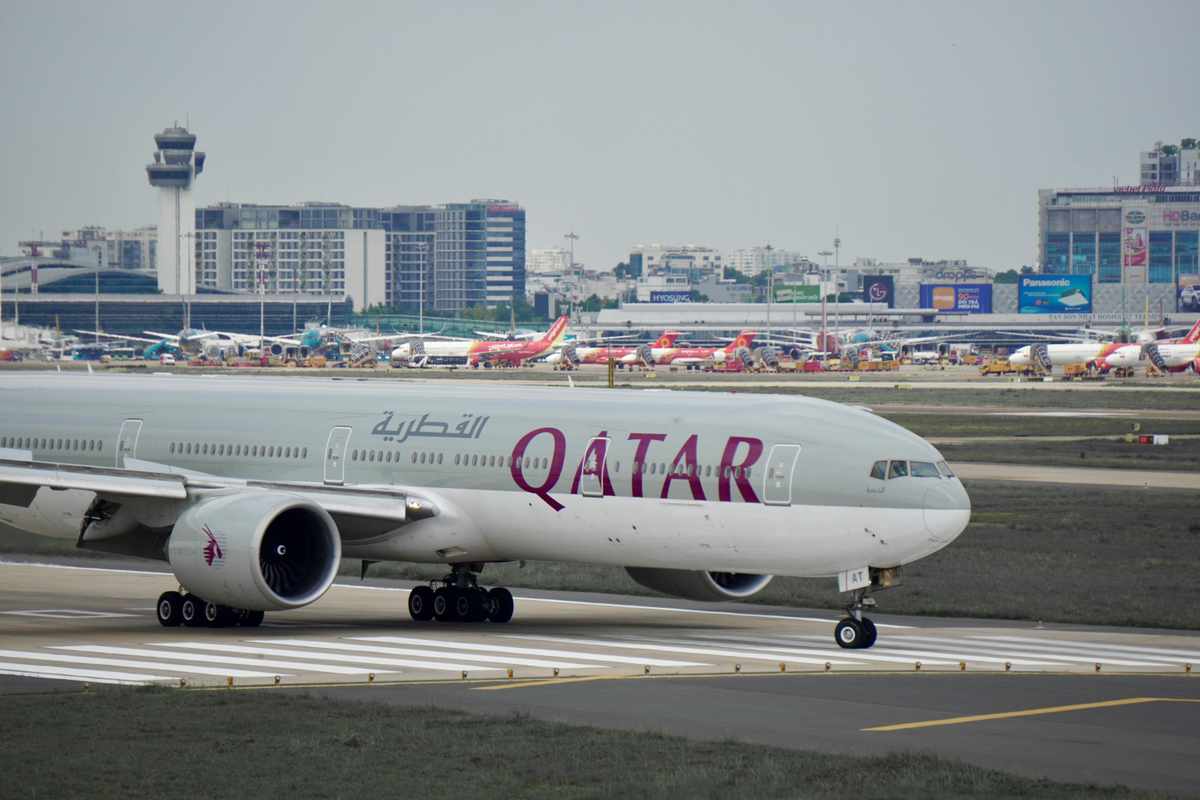Thailand will open a special registration window to bring an estimated 500,000 to 700,000 undocumented workers from Cambodia, Laos, Myanmar, and Vietnam into legal status, granting work rights for up to one year. The 15‑day window runs from October 15–29, 2025, and requires employer sponsorship, identity checks, and issuance of the so‑called “pink card” (a Non‑Thai Identification Card used to access a work permit). Thai officials say the move aims to keep essential industries staffed while reducing exploitation and curbing illegal employment.
Policy changes — who is eligible and how it works

Under the plan, nationals of Cambodia, Laos, Myanmar, and Vietnam may regularize their status if:
- Their Thai employer initiates registration.
- The worker completes required identity verification, often via their embassy or consulate.
Key points:
- The government is prioritizing sectors with acute labor shortages and seeking to shield workers from brokers who charge extra fees.
- The official regularization fee is THB 2,530 (about US$77), though many migrants report paying more to intermediaries.
- The Ministry of Labour coordinates with the Department of Provincial Administration and foreign embassies.
- Accompanying children under 18 can be registered for legal stay with their parent/guardian, reducing family separation and improving access to schooling and healthcare.
- Workers already in Thailand under the MoU system whose permits expire on February 13, 2025 may have residence and work authorization extended twice, potentially converting a two‑year permission into as long as four years.
Employers must:
- Submit worker lists and job details.
- Support and facilitate identity checks.
Context: During a previous July–August 2025 drive, Thai employers submitted more than 772,000 applications for foreign workers — showing how much the economy depends on regional labor for farms, factories, construction, and services.
Enforcement and implementation
The regularization push is paired with a tougher crackdown:
- Authorities have stepped up checks at worksites and border areas.
- Strict penalties apply to both undocumented workers and employers who hire them.
- More than 256,000 migrants from the four countries were arrested between June and September 2025, per official tallies.
Government rationale:
- Tightening enforcement while offering a legal path is intended to push people into the system, improve safety standards, and reduce wage theft.
Operational notes and identity verification:
- Precise document lists, payment points, and appointment sequencing will be confirmed after approval by the Thai Royal Palace and relevant agencies.
- Identity verification processes are expected to differ by nationality:
- Myanmar and Cambodian nationals may need to return home for nationality verification.
- Lao nationals can typically verify identity at their embassy in Thailand.
- The “pink card” is tied to identity records and is a prerequisite for obtaining a work permit tied to a specific employer and job.
Broader impact:
- As of July 2025, more than four million foreign nationals already hold valid work permits in Thailand.
- Legal status gives workers clearer access to healthcare, formal wages, and mobility within authorized job categories.
- The government benefits from better data, tax compliance, and tighter recruitment oversight.
Timelines and urgency
- The registration window is short: 15 days — October 15–29, 2025.
- Employers and workers should prepare now: line up identity documents, contact embassies, and set aside funds for official fees.
- Employers should plan for possible staffing gaps if workers must travel for nationality checks.
Official guidance and resources:
- Workers and employers seeking official guidance can consult the Thailand Department of Employment’s English portal for updates at: https://www.doe.go.th/prd-foreigner.
- Agencies are expected to publish detailed instructions on appointment booking, document submission, and issuance of the Non‑Thai Identification Card once royal approval and final notices are issued.
Concerns, risks, and stakeholder views
Advocates’ concerns:
- The short window is a hurdle for people in remote areas or those who fear contact with authorities.
- Strict enforcement may push some migrants deeper into hiding if they cannot gather documents in time.
Business concerns:
- Sectors such as agriculture, seafood, construction, manufacturing, and care work press for a manageable route to keep long‑time staff legally employed.
- Businesses want smoother processing, fewer trips to distant offices, and consistent rules on job changes.
Worker group requests:
- Curb broker fees by expanding official help desks and multilingual outreach, especially in border provinces.
Government message and likely outcomes:
Use the designated registration window to come into compliance, or face penalties that can include fines and detention for workers, and sanctions for employers.
If agencies coordinate smoothly, the one‑year permission can give workers time to plan, pay down debts to recruiters, and support families without constant fear of arrest. But the process must be clear, reachable, and fair to deliver those benefits.
Practical preparation checklist
- Confirm eligibility
- Worker must be from Cambodia, Laos, Myanmar, or Vietnam and currently in Thailand.
- Line up employer sponsorship
- Employer initiates registration and submits job details.
- Prepare identity documents
- Check embassy/consulate rules; some nationals may need to travel home for verification.
- Budget for fees
- Official cost THB 2,530; avoid extra broker charges by using official channels where possible.
- Attend appointments
- Complete biometric and document checks to receive the “pink card.”
- Secure a work permit
- After the Non‑Thai Identification Card is issued, obtain a permit valid for up to one year.
Final considerations and next steps
- These 15 days in October will likely shape the legal status of hundreds of thousands for the next year — and possibly longer for those eligible for MoU extensions.
- Prior windows drew heavy early demand that strained appointment systems and embassy capacity, so:
- Schedule ahead where possible.
- Keep copies of all receipts and documents.
- Prepare for potential embassy travel or delays.
The policy presents a rare chance for many in Thailand’s informal workforce to step into the legal labor market, earn steadier wages, and better protect their families while supporting an economy that relies on their work every day.
This Article in a Nutshell
Thailand will open a 15-day registration window from October 15–29, 2025 to formalize an estimated 500,000–700,000 undocumented workers from Cambodia, Laos, Myanmar and Vietnam. The scheme requires employer sponsorship, identity verification—sometimes at embassies or via return to the home country—and issuance of a Non‑Thai Identification “pink card” before workers receive a work permit valid for up to one year. The Ministry of Labour will coordinate with provincial and consular authorities; the official fee is THB 2,530. The initiative aims to staff sectors facing labor shortages and reduce exploitation, but it is paired with stronger enforcement: over 256,000 migrants were arrested between June and September 2025. Workers and employers should prepare documents, budget for fees, and watch for detailed procedures after royal approval.









I am a civil engineer and I want to migrate legally to Italy and i want to obtain a visa for Italy. I hope you can help me with this.